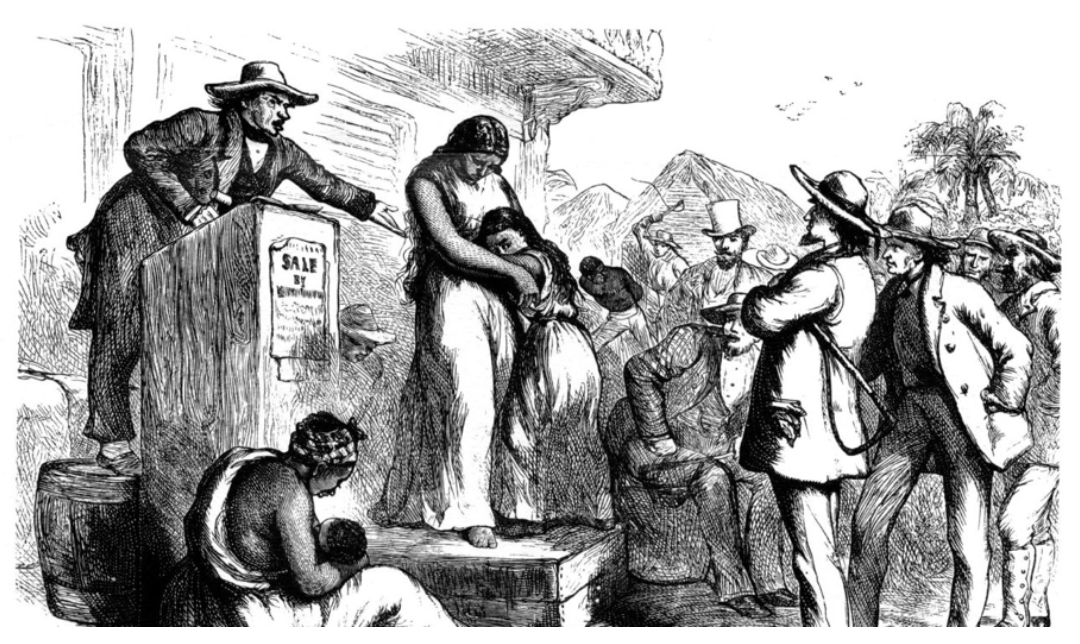Jesus is the only way to God is an exclusive statement. The truth is, all religions claim exclusivity. Every single religion argues that its view is the best view. According to the law of non-contradiction two contradictory statements cannot be both true at the same time and in the same respect. Thus, all religion cannot be true or cannot be false at the same time. When we consider Jesus’ claim that He is God and the only way to salvation we are left with two possibilities: he was either he was right, or he was wrong.
He could know he wasn’t God but claimed that he was, in that case he is a liar. But how would a good man lie about his identity? It could be that he thought that he was, but he was not, in this context, he was a lunatic. But how do we account for the fact that he is acclaimed by many as someone people want to be like or be with. The alternative is that he knew he was God and claimed to be God. In this case he is Lord. But what proof does Jesus give to support his claim? In this paper, I will address three supernatural and miraculous evidence to support his claim to be God and the only way to salvation.
Fulfilment of Messianic Prophecy
Numerous books in the Bible contain messianic prophecy. At least, dozens of messianic prophecies are formulated in the book of Genesis, Isaiah, Daniel, Psalms, Micah, Malachi, Zechariah, etc. Interestingly, these prophecies that address the birth, the life, the ministry, the death, and the resurrection of the Messiah have all been fulfilled in the person of Jesus. Geisler & Brooks cite several passages as example. Some of them are:
- Born of a virgin (Isaiah 7:4; Matthew 1:2ff)
- Of the seed of Abraham (Genesis 12:1-3, 22:18; Matthew 1:1, Galatians 3:16)
- Of the tribe of Judah (Genesis 49:10; Luke 3:23, 33; Hebrew 7:14)
- Born in Bethlehem (Micah 5:2; Matthew 2:1, Luke 2:4-7)
- Heralded by the messenger of the Lord – John the Baptist (Isa. 40:3; Mal. 3:1; Matt 3:1-2)
- Would perform miracles (Isa. 35:5-6; Matt. 9:35)
- Rejected by the Jews (Psalms 118:22; 1 Peter 2:7)
- Die a humiliating death (Psalms 22, Isa. 53; Matt 27:12-38…)
- Would rise from the dead (Ps. 16:10; Mark 16:6, Acts 2:31)
- Ascend into heaven (Ps. 68:18; Acts 1:9)
There is not argument that the passages in the Old Testament all apply to Jesus Christ as described in the New Testament account which is historically reliable. It is important to notice the dates as well when these books were written 400 years before Christ. Predicting an event 200 or 400 years before it happens does require divine knowledge. And, the probability for all these prophecies to be fulfilled accidentally in the life of Jesus is just unconceivable. Therefore, on the account of fulfilled prophecies, Jesus cannot be compared to any guru or sage in any given religion. How about in the life that he lived?
Miraculous and Sinless Life
As attested by biblical and non-biblical sources, Jesus is recognized as a miracle worker. He has performed a series of miracles that were announced hundreds of years go in some of the messianic prophecies. Testify about his divine nature in relation to his miracles, Nicodemus stated: “Rabbi, we know that you have come from God as a Teacher; for no one can do these signs that you do unless God is with Him (John 3:2). Jesus was recognized as being the promise Messiah based on the miracles that He was performing. And the Messiah is no less than God Himself.
Not only that the miracles of Jesus pointed to His divine identity, but also his moral rectitude. He was sinless. No one could accuse him of any moral failure; not even his enemies who have been looking for opportunities to accuse and kill him. Which one of you can convict me of sin (John 8:46) he asked his enemies. Even when he was being judged, the historical verdict of Pilate is that: I find no guilt in this man (Luke 23:4). No other human being however strict he may be when it comes to upholding to the highest moral standard can be considered sinless. For all have sinned are short of the glory of God (Romans 3:23). That does not apply to Jesus. It’s not only his sinless life that counts for his exclusivity but also the fact that death could not keep being resurrected.
His Resurrection
A story of resurrection is nowhere to be found in any other religion except for Christianity. The fact is dead people stay dead. But in the case of Jesus Christ, he predicted his own resurrection from the dead, using it as evidence of His Deity. The evidence for the resurrection of Jesus are overwhelming. The resurrection of Jesus is the only explanation for the birth of the early church, the transformation of the disciples, the conversion of James, as skeptic and also the conversion of Paul; a man who devoted his life to destroy the Christian faith. The disciples, James and Paul, all attributed their conversion to the fact that they have seen the resurrected Jesus. Geisler & Brooks argue that: “The fact that both the Old Testament and Jesus Himself predicted that he would rise from the dead makes this miracle even stronger in its significance”.
Since no other religious leader can account for fulfilment of messianic prophecies dated centuries ago, live a miraculous and sinless life and finally triumph over the grave, it is wise, considering the weight of the evidence, to envisage that Jesus’ exclusive claim of being God and the only way to salvation is true.
Bibliography
Norman Geisler, Ron Brooks. When Skeptics Asks. Grand Rapids, MI : Baker Books, 1996.
Norman Geisler, Ron Brooks, When Skeptics Asks, (Grand Rapids, MI : Baker Books, 1996), p. 114.
Ibid.,118






